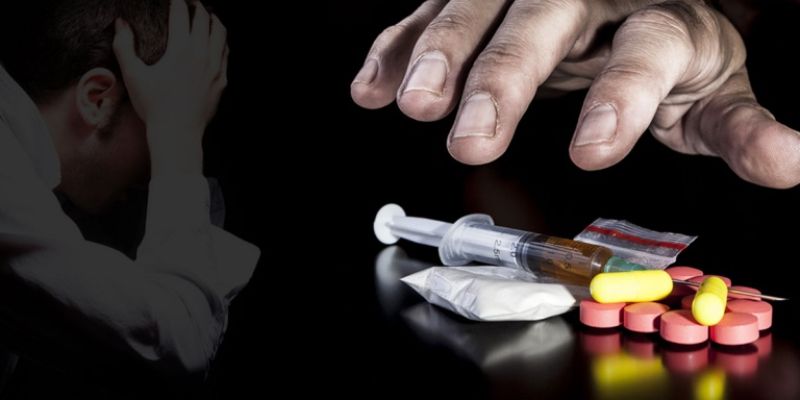

Drug Rehabilitation: A Guide Explaining the process of drug rehabilitation

Too much “ADDICTION” to anything is harmful. Ever heard this line?
When it comes to drug and alcohol addiction, the challenge becomes even greater. Overcoming these addictions is tough, but with the right approach and support, it’s entirely possible to break free.
Drug and alcohol addiction can be challenging, especially when you’re trying to quit. But don’t worry—rehabilitation is designed to help you through every step of the way. Let’s break down the drug rehabilitation process in a clear and easy-to-understand manner.
1. Admitting the Need for Help
The first step in getting rid of the addiction is recognizing that you need help. This might seem like a simple step, but it’s often the hardest. Admitting that you can’t manage on your own and seeking support from friends, family, or a healthcare professional is crucial. It’s the beginning of your journey towards recovery.
2. Detoxification—Clearing Out the Old
While it is often said that mental health problems are very rare, they are not. Different mental health conditions affect millions of people worldwide and, hence, cannot be termed as rare. One in four people is likely to be affected by a mental or neurological disorder at some point in life. This may include conditions such as depression, anxiety, and bipolar disorder. This commonness of mental health disorders proves that it is normal to have a mental health problem, and it can be treated with professional care.
3. Assessment and Personalized Treatment
After detox, you’ll undergo a thorough assessment. This involves a healthcare provider evaluating your substance use history, mental health, and personal situation. Based on this thorough assessment, they’ll create a personalized treatment plan just for you. This plan outlines your goals and the steps required to achieve them, making sure your treatment is tailored to your specific needs.
4. Therapy and Counseling—Addressing the Core Issues
Therapy and counseling are key components of drug rehabilitation. This is where you’ll work through the underlying issues of your addiction. Whether it’s individual therapy, group sessions, or family counseling, these sessions help you understand the root causes of your addiction and develop new coping strategies. Think of it as working with a guide to help you navigate your way through recovery.
5. Building Skills for a Better Future
As you progress, you’ll focus on building essential life skills. This includes learning how to handle stress, manage triggers, and build healthier relationships. It’s about equipping yourself with the tools you need to stay on track after you leave rehab. This phase helps you prepare for life outside of the treatment environment.
6. Aftercare—Staying on Track
Even after completing your rehabilitation program, the journey doesn’t end. Aftercare is crucial for maintaining your recovery. This may include ongoing therapy, support groups, or regular check-ins with a counselor. Aftercare helps you adjust back to daily life and continue making positive changes.
Life Skills Foundation is a top drug rehabilitation centre in Nagpur, India, specializing in drug and alcohol addiction treatment, depression counseling, and stress management. Our expert team of psychiatrists, psychologists, and peer educators offers a supportive environment for recovery and mental well-being. Our simple process includes:
- Problem Analysis
- Solution-Focused Therapy
- Goal Setting
- Mentor Program
We’re dedicated to helping you achieve lasting change and mental health.
If you are looking for the drug rehabilitation centre in Nagpur, then look no further than the Life Skills Foundation.
